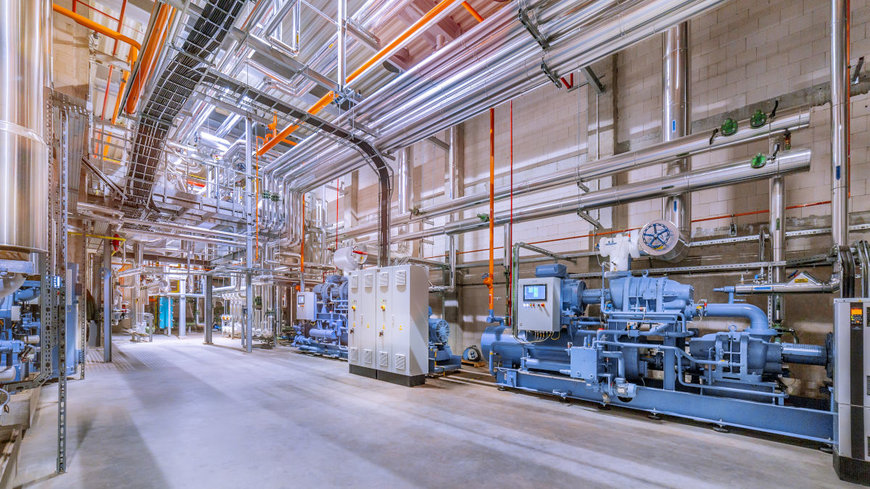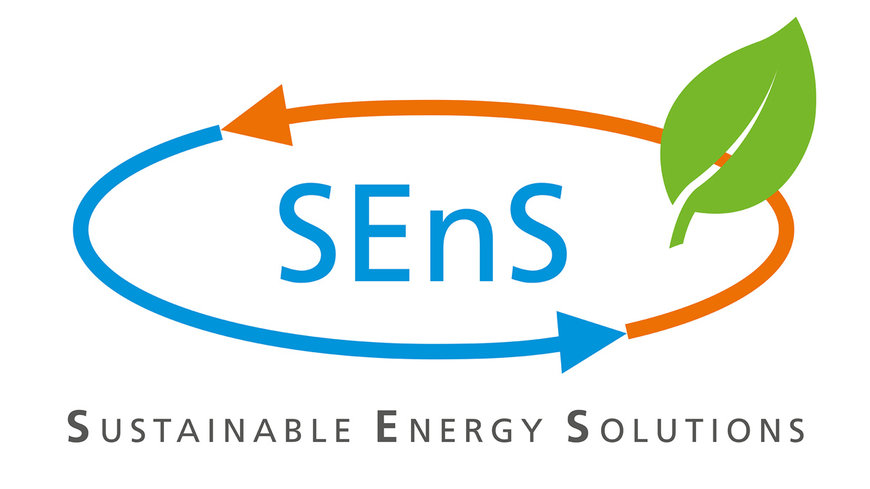smartbuildingmag.com
01
'21
Written on Modified on
GEA GROUP News
GEA SIGNS ON TO THE UNEP COOL COALITION FOR SUSTAINABLE COOLING TECHNOLOGY
GEA Refrigeration Technologies, the GEA business unit specializing in industrial refrigeration, has joined the Cool Coalition led by the UN Environment Programme (UNEP).

By fostering dialog between governments, business, finance and civil society, the initiative aims to drive the use of efficient, climate-friendly cooling in urban environments, buildings and industrial processes worldwide.
Ecofriendly refrigeration will help industry on its net-zero path
As the planet heats up, according to International Energy Agency (IEA) it’s estimated that we will require 3.5 times more cooling by 2050 than today. At present, refrigeration and air conditioning systems already consume around 15 percent of global electricity production. In its new climate strategy, GEA recently announced it would give priority to driving sustainable innovation in technologies that remain energy-intensive, such as refrigeration technology. By joining the Cool Coalition, GEA is underlining its commitment to reduce its own greenhouse gas emissions along its entire value chain to net zero by 2040.
“There is an urgent need for our industry and those it serves to become more energy-efficient to reduce greenhouse gas emissions. By joining the Cool Coalition, we aim to share our expertise and add impetus by facilitating the transition toward climate-friendly cooling and heating solutions. The Cool Coalition is a fantastic opportunity for us to take on even greater responsibility in tackling this challenge and we are proud to be able to do our part,” says Kai Becker, CEO of GEA Refrigeration Technologies.
GEA and Cool Coalition committed to heat decarbonization
GEA Refrigeration Technologies’ commitment to delivering sustainable cooling and heating systems in the form of innovative heat pumps for heat decarbonization and the use of natural refrigerants with low to zero global warming potential aligns perfectly with the Cool Coalition’s objectives: “Today more than ever we need sustainable cooling solutions to tackle the climate crisis and achieve the sustainable development goals. We ought to raise the net-zero ambition for cooling to new highs with commitments from industry leaders. We are delighted to see GEA Refrigeration Technologies joining the Cool Coalition efforts and looking forward to GEA’s contribution in finding ways to decarbonize the cooling sector comprehensively by 2050,” said Lily Riahi, Cool Coalition Coordinator at UNEP.

The GEA Sustainable Energy Solutions (SEnS) program combines plant process technology and utilities solutions in order to develop energy-efficiency optimization strategies for a wide range of industries. Logo: GEA
For decades, GEA has been paving the way to forward-looking refrigeration technology with numerous initiatives and technological developments. For instance, the GEA Sustainable Energy Solutions (SEnS) program has combined plant process technology and utilities solutions since 2018. Thanks to this interdisciplinary approach, customers from a wide range of industries benefit from energy-efficiency optimization strategies. Instead of going the usual route and treating heating and cooling as separate from the process technology for manufacturing consumer goods, for instance, the GEA cooling and process experts work hand in glove when it comes to planning requirements and designing production processes.
GEA Refrigeration Technologies Chief Service Officer (CSO) Ulrich Walk explains this approach: “At GEA, we look at the big picture. That means analyzing the customer’s exact energy requirements, before going on to optimize processes while taking utilities into account. By integrating heat pump technology with production processes, we create an energy loop so nothing is wasted. We are reducing the energy need, reusing the available energy and upcycling the waste heat.” With about 60 percent of their energy costs attributable to heating and subsequent cooling, food manufacturers, for one, can improve efficiency in these processes by up to 70 percent.
www.gea.com

